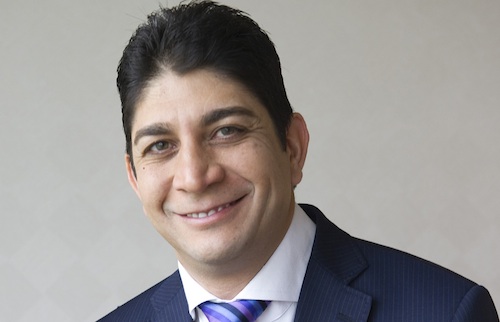
JSE-listed cellular network operator Vodacom has warned of extensive job losses and damage to SA’s mobile industry if its regulator, the Independent Communications Authority of SA (Icasa), pushes ahead with plans to cut wholesale mobile termination rates next month.
In a presentation at Icasa hearings in Midrand on Monday, it has asked the regulator to implement the first proposed cut in the rates in March 2011, and to extend the end of the glide path period — the timeframe over which the rates will come down — to March 2013.
Reducing the rates — for both mobile and fixed-line calls — is regarded as a crucial way of fostering competition in SA’s telecommunications industry and, eventually, bringing down retail rates.
But Vodacom says a voluntarily cut on 1 March in mobile termination rates — the fees the mobile operators charge each other and other telecoms companies to carry calls onto their networks — has already wiped R600m off Vodacom’s bottom line.
“On the proposed glide path, the shock to the business models would be devastating,” says Vodacom SA MD Shameel Joosub. “There’s a whole ecosystem that exists around high mobile termination rates and one needs time to effect those changes.”
Joosub says the glide path proposed by Icasa would be disruptive to least-cost routing providers and other mobile distribution companies because of a “lack of adequate time to renegotiate existing contractual agreements”.
“One needs time to manage this, not just from a Vodacom perspective, but also from an industry perspective,” he says.
Vodacom regulatory affairs head, Nkateko Nyoka, has taken an even tougher line. “The fundamental point we are making — and that the authority seems to ignoring — is that two months ago we reduced our peak rates from R1,25 to 89c,” he says.
“You cannot two months later say, ‘actually, you need to move it further to 65c’. In one financial year you are expecting operators to do something that has not been done in many other economies around the world.”
Nyoka warns that a glide path that is too aggressive will lead to job losses and a cut in incentives to mobile channel partners. “Icasa needs to delay this implementation to a proposed date of 1 March 2011,” he says.
In its submission to Icasa, Vodacom has also taken exception to the authority’s proposal that a differentiation between peak and off-peak termination rates be done away with.
Joosub says different peak and off-peak rates help operators spread call traffic across the day to achieved improved network efficiencies.
But if Icasa is determined to do away with the difference in the rates, Joosub says Vodacom wants the rates to be merged gradually over the full glide path period so that the operators can better manage the change.
Lastly, Vodacom has warned that Icasa is not following the correct process under the Electronic Communications Act in trying to regulate call termination rates. Nyoka says that unless Icasa revisits its approach to regulation — first creating an umbrella framework before trying to regulate specific markets — the issue could be taken on judicial review.
Nyoka says that though it unlikely that Vodacom would take Icasa to court, any court bid by another operator could delay the proposed reduction in call termination rates by three years.
“The authority is on shaky territory,” says Nyoka. “It’s open to being questioned in the courts. All the regulator needs to do is err on the side of caution, and do the correct thing instead of embarking in gymnastics over which interpretation is correct.” — Duncan McLeod, TechCentral
- Subscribe to our free daily newsletter
- Follow us on Twitter or on Facebook




